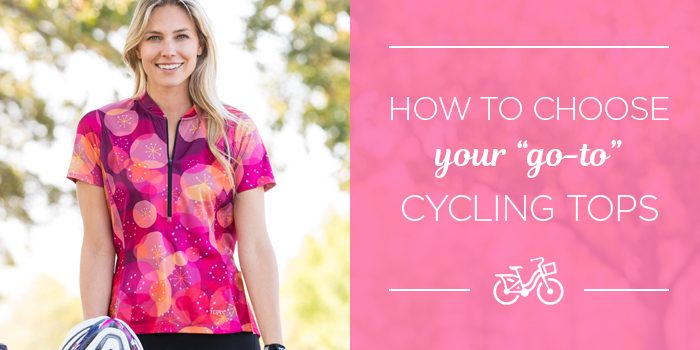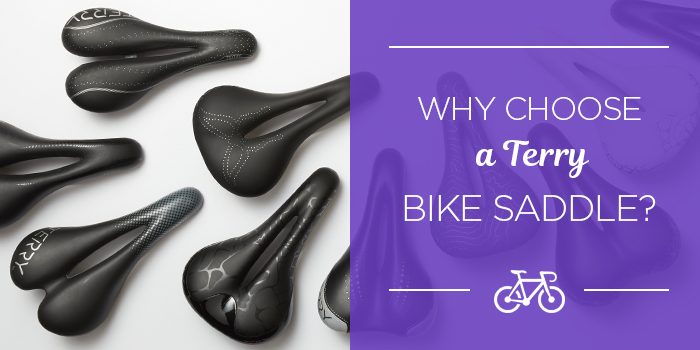FALLING IN LOVE AGAIN.
My job as a Derailleur is to support you on your journey. Both your journey in-season and off-season. Your in-season journey may include becoming a stronger rider on hills. Your in-season journey may include mastering sneaking out of your house to get your ride in so you have “you time”. There is no judgment either way. There is an ebb and flow to your journey and that includes allowing yourself an off-season. For both your body AND mind. So what is your off-season journey made up of?
For those of us who call New England home, the off-season is a forced break from the treacherous, icy roads when we instead spend countless hours on our indoor trainer. Off-season for some in more “more temperate” climates may mean that their competition schedule is over and they are just “riding to ride” – mileage gets lower and training less intense. Or in the example of my friend in Florida, her off-season is in the dead of summer when temperatures and humidity force a counter-seasonal off-season for her. She claims her best rides are in the winter. So be it.
Either way, we all have to face the off-season. This means the foam roller may make its initial debut or that we head to the much needed Chiropractor or Functional Movement Screener. But this year, I challenge you to focus on what is and isn’t working during your off-season in your body AND mind.
Some of us work all year so we can have an off-season, while others dread it; afraid of slowing down, losing strength, gaining weight, etc. But you don’t have to be an Olympian to feel the “off-season blues. It is normal to feel fear around “slowing down” or “throttling back” when we have been pushing ourselves to move forward. Perhaps another way to look at this time is as a “Transition Period”. This to me means we are transitioning from a yearlong season of races or hard training into something less taxing and less “traditional”. Much different than the usual thought that an Off-Season means that you just stop what you are doing.
I prescribe off-season time for my athletes as a chance for them to reflect, recoup, recharge and regain. And to fall in love again. It benefits both their bodies and mind. An intentional well-executed transition period puts one in a better position to perform in the new season when it’s productive and enjoyable. A poorly planned/executed off-season leads to not being as fresh, or a potential dead battery far from recharged. So I ask my athletes to fall head over heals in love again during this transition period with their sport. As an athlete, you must rediscover why you fell in love with your sport in the first place. We often lose the “whys” during season. By taking a step back so that you can reflect will give you back that perspective. And one heck of a recharge.
I have never claimed to be a trainer of the body, but more of a trainer of the mind. However, I would like to offer some examples of how my athletes use their “off-season” to recharge their body ultimately increasing their mental conditioning.
For some of my athletes, they stay strong in the off-season by reducing volume, not intensity. Study after study reinforce the idea that it is possible to reduce the volume of training by more than two thirds without a drop in conditioning levels as long as the intensity level was sufficient. My athletes use general, not specific training during this time period. They do something different than being hunched over their bikes. These new activities invigorate them. Try a sport that makes you stand upright or an activity that is counter to the one you have been doing in-season. For some, that might mean developing the weaker muscles that gets underutilized during the season but when strengthened, adds to the overall conditioning of the athlete. My athletes find that “playing” in the off-season more than training is the key. Make it fun. But most importantly, make it different that what you would do “in-season”.
Amy Magyar is a Derailleur. She helps her clients across North America change their gears, their pace, and their direction. She is the essential piece of equipment to get you where you need to move forward at a different pace and with a different power. As an industry veteran and a Certified Performance Coach, Amy works with individuals who are athletes, were athletes, or wish to be athletes, on navigating change.




There is always a way to change things up. Zumba, yoga, karate, ice skating; you name it. What Off Season?
So true! It’s all about diversifying and trying something new.